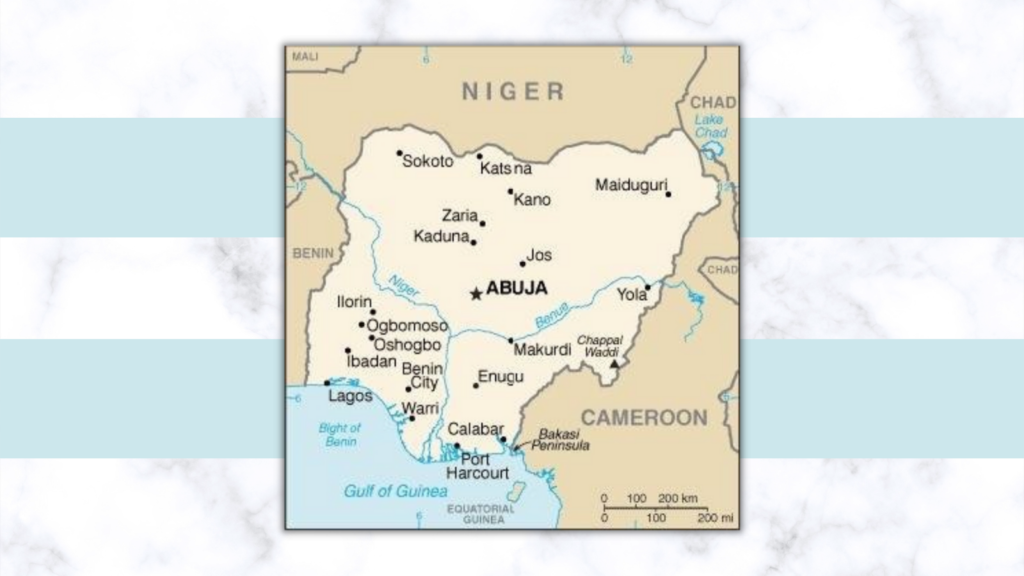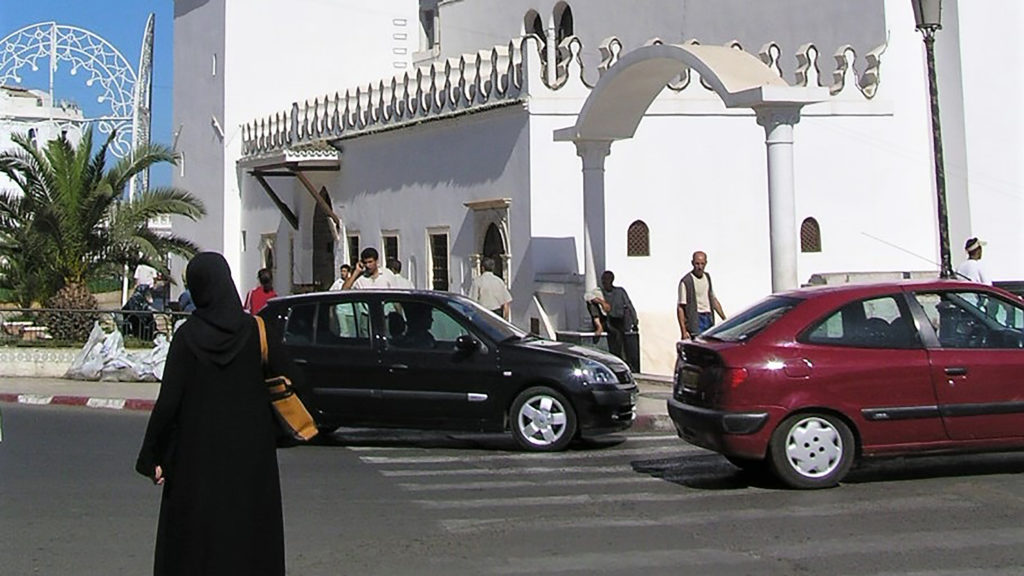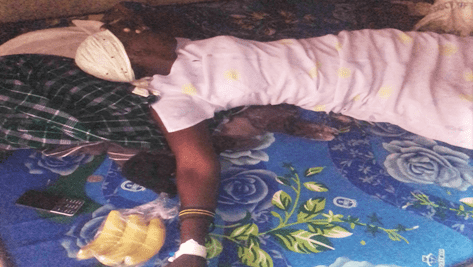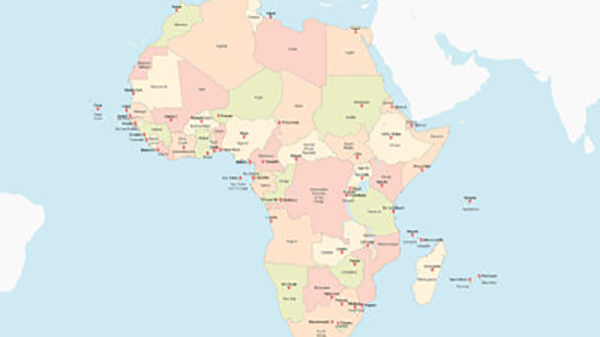With a culture straight out of Bible times, the Bedouins understand how a shepherd feels while seeking a lost sheep. They know about fig trees that don’t bear fruit. They sow seeds on rocky soil.
While analogies invoked by Jesus still ring true to these nomadic Arabs in the Middle East of North Africa, few acknowledge Christ as Lord.
Yet patient missions workers report modest inroads into the predominantly Sunni-Muslim people group.
Some have accepted Christ. Others are now considering the possibility that Jesus is more than, as Islam teaches, a prophet. Small groups meet for Christian worship in caves or tents.
So says a London-based representative of the Network for Strategic Missions, an interdenominational organization that focuses on people groups deemed “unreached” by Christianity. International Mission Board missionaries as well as the Great Commission Christians work with this loose association.
One such people group is the Arabic-speaking, desert-dwelling Bedouins, which are largely unexposed, and generally resistant, to the gospel.
Christians who work with unreached peoples in areas potentially hostile to Christianity are not identified for security reasons.
“Ministry to Bedouins has been sparse because access to them is limited by governments, and they live in a harsh environment,” said a representative of the Atlanta-based Cooperative Baptist Fellowship (CBF).
“It usually takes years before ministry bears fruit,” he said.
“Arabs frequently ask what I do for a living,” another Baptist worker said. “When I explain that I help Bedouins in remote places through agricultural projects, I usually get a look of disbelief or a belly laugh. They can’t believe someone from America would ‘waste their time’ working for people they characterize as ‘stubborn and lazy.’
“I tell them my work is from God. As Muslims, they understand that. What they find hard to comprehend is the grace, acceptance and love represented by the work.”
The Network, based in Virginia Beach, Va., focuses on strategies to transcend denominational difference by linking prayers, talents and resources of evangelical churches with unreached-people groups.
It cooperates with a variety of “Great Commission” Christians, including personnel representing both the Southern Baptist Convention and CBF.
“Most people say a witness is sharing John 3:16,” said a Baptist representative of the Network, which has eight regional offices to focus on different areas of the unreached world.
Yet, “I had one Bedouin say the most significant thing I did to open his heart was our kindness to his children.”
“‘If you’ll come to my village and love them the same way you’ve loved me, you will win everyone,’” a Bedouin man told him.
Bedouins are known today, as they were in Bible times, for hospitality and sharing with passerby.
“They’re very perceptive,” said a close observer, “and will size you up as you sit and talk with them and share their food.”
One Bedouin looked deeply into the eyes of a Baptist worker and announced: “This man speaks straight form the heart. He speaks the truth.”
Another, commenting about Christians, observed, “There’s something different about the expressions on their faces and in their eyes.”
A Bedouin believer standing nearby quickly explained: “The difference is the presence of Jesus in their lives.”
Though living in he Bible’s “Promised Land,” that hardly describes their existence. Most desert-based Bedouins live either as rootless nomads in tents or as farmers who have gravitated in to a more settled life.
But Baptists focusing on the people group are laying groundwork to once again make their home a land — as the Bible describes it — “flowing with milk and honey.”
Children will receive milk as part of an early childhood-education project. Other ministries will include teaching low-income families to keep bees and produce honey for food and sale.
But Bedouins won’t live by milk and honey alone in projects supported by contributions and volunteers from the United States.
Various projects focus on helping Bedouins establish self-sustaining income projects water-resource development, livestock and poultry development, drip-irrigation home gardening to conserve water and increase yields, and planting olive, fruit and nut trees.
Most Bedouins know hunger and hardship. They wear lightweight, light-colored, loose-fitting clothing — cinched with a leather belt — to protect them from heat, sun, wind and sand. The belt is said to reduce hunger pangs when tightened.
Projects seek to help children and widows trying to support a family. One such effort for widows is included in projects for drip-irrigated gardens and raising poultry and rabbits for food and income production.
Water-resource development projects include restoration of a cistern built in Roman times and construction of new collection, storage and distribution systems.
Historically, Bedouins have been camel-caravan desert nomads. Today, roads and pickup trucks have largely replaced camels. Animals of choice now mainly include sheep and goats.





Share with others: